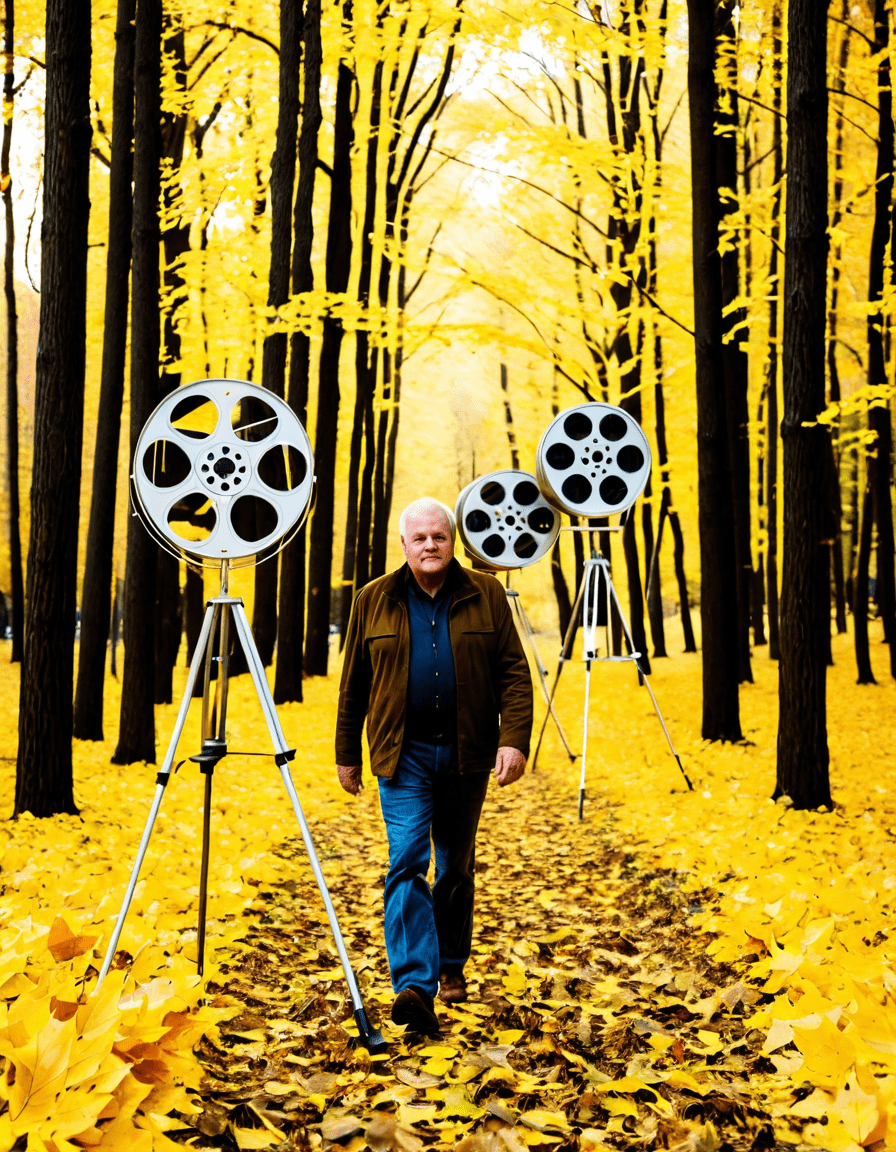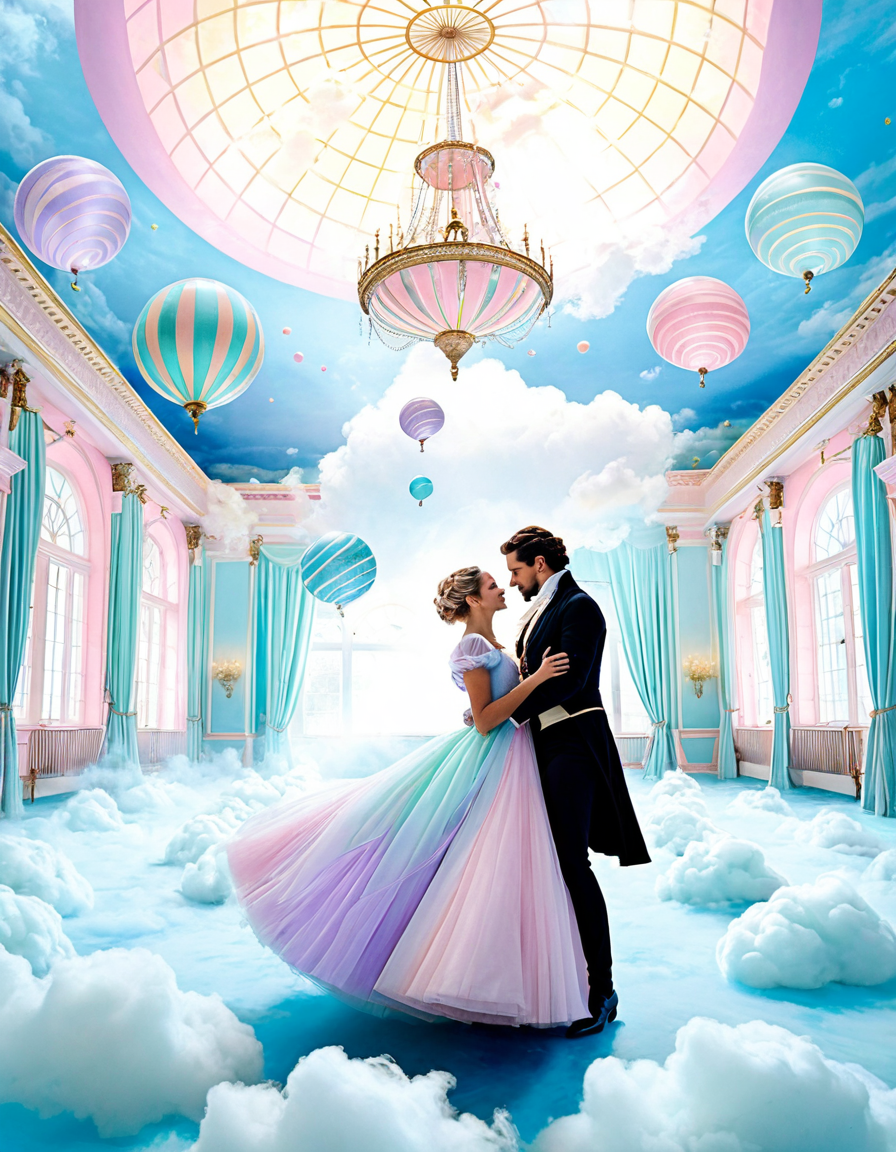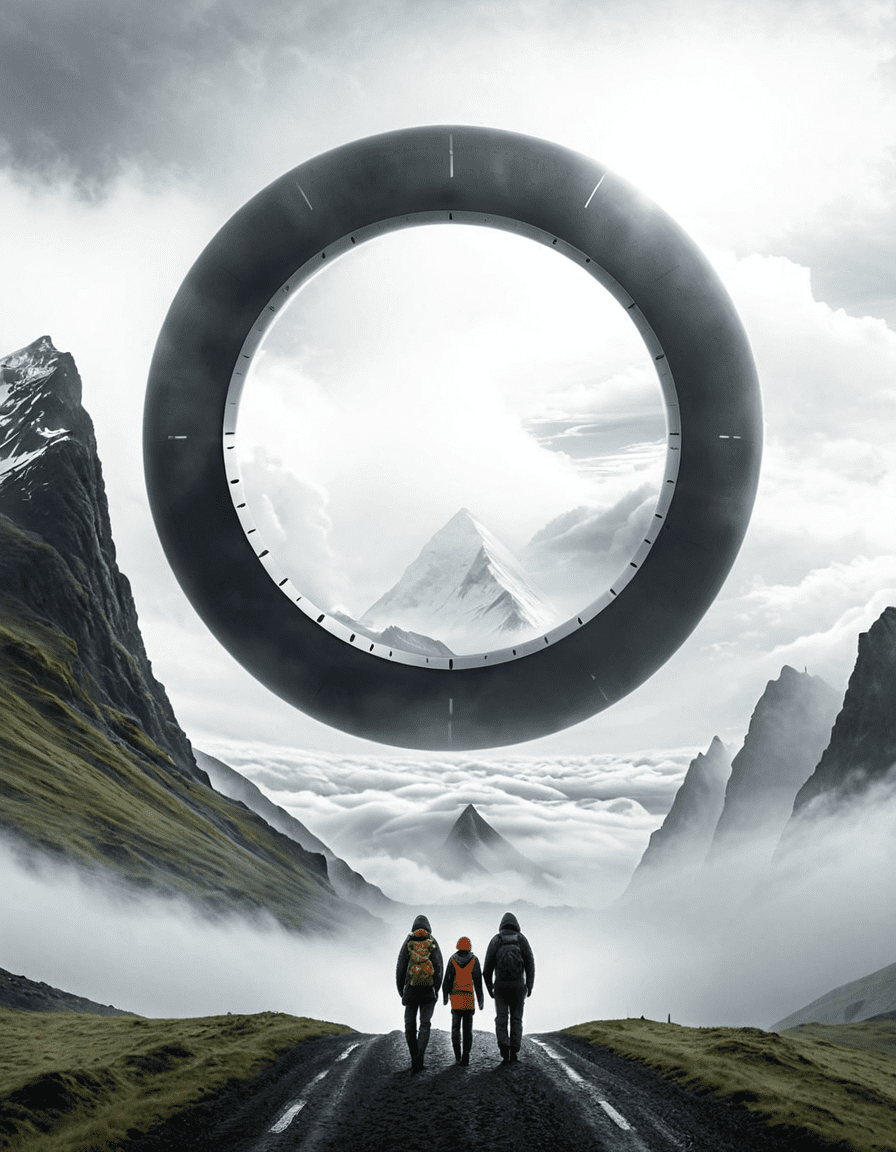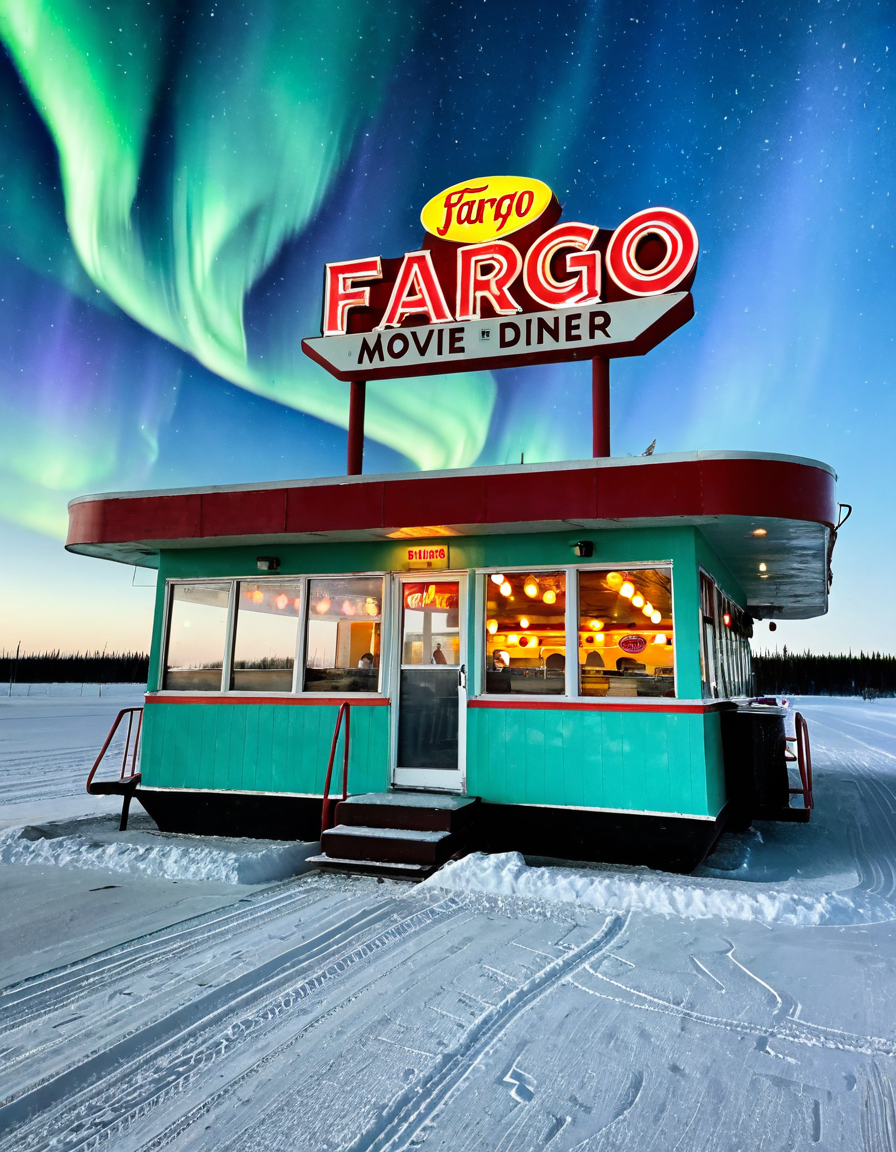Stanley Kubrick, the master director, has carved an unshakeable spot in cinema history. His films, from defining the sci-fi genre to exploring dark psychological themes, resonate with audiences across generations. Kubrick’s knack for storytelling goes beyond mere entertainment; it immerses viewers in deep existential dilemmas mirrored through striking visuals and compelling narratives. It’s no wonder that films like 2001: A Space Odyssey and A Clockwork Orange have laid the groundwork for modern filmmakers, influencing creative titans and aspiring directors alike. This piece will explore seven iconic Kubrick films, dissecting their thematic nuances, directorial style, and cultural footprint while also drawing intriguing parallels with literary legends like Franz Kafka and the talents of iconic actors such as John Malkovich.
Top 7 Iconic Kubrick Films That Redefined Cinema

Kubrick’s Influence: A Legacy Intertwined with Kafka and Malkovich
The legacy of Stanley Kubrick extends far beyond his filmography. His meticulous approach to storytelling has sparked the creativity of numerous actors, including John Malkovich. Eschewing traditional methods, Malkovich’s craft echoes the psychological depth Kubrick demanded from his characters. Malkovich has often articulated the significant role a director plays in shaping performances, underscoring Kubrick’s visionary influence on the art of acting.
Kubrick’s films invite audiences to probe their beliefs and carefully examine societal issues. Movies like A Clockwork Orange and The Shining employ psychological horror to reveal deeper truths about society’s constructs, aligning with Kafka’s existential inquiries. By challenging conventional boundaries, Kubrick redefined what films could achieve as a potent art form.
Through groundbreaking storytelling, innovative cinematic techniques, and profound explorations of humanity’s darker sides, Stanley Kubrick’s genius remains a touchstone in film history. His masterpieces provoke analysis, encourage appreciation, and ensure his legacy persists across generations. The intersection of Kubrick’s visionary brilliance with Kafka’s literary depth and Malkovich’s artistic prowess illustrates the multidimensional nature of storytelling. It firmly establishes film as an essential medium for exploring life’s uncertainties and complexities.
In this fast-paced world, where entertainment often skims the surface, Kubrick’s work remains a deep well of thought-provoking artistry that continues to inspire. Whether you’re traveling through time with 2001: A Space Odyssey or contemplating power dynamics in Paths of Glory, experiencing Kubrick’s films is not just watching a movie; it’s embarking on a journey through the very essence of humanity.
Kubrick: The Genius Behind Iconic Film Masterpieces

Did You Know?
Stanley Kubrick is synonymous with cinematic brilliance, but did you know he had an unusual hobby? In his spare time, Kubrick loved playing chess, often engaging in intense matches with anyone willing. This strategic mindset wasn’t just for leisure; it significantly influenced his filmmaking style, allowing for intricate plot developments. Speaking of intricate storytelling, have you had a chance to revisit classics like “Beetlejuice” when diving deep into movie history? They reflect a meticulous attention to detail, much like Kubrick’s masterpieces.
A Man of Mystery
Kubrick was known for his reclusive nature. He avoided the Hollywood limelight, preferring to work away from the bustling scene. Did you know that he considered himself a skeptic of modern technology? This favoritism for traditional methods can be compared to the craftsmanship embodied by iconic musicians such as Leonard Cohen, whose lyrical depth resonates through decades. It’s fascinating how both Kubrick and Cohen shaped their respective fields yet remained out of the spotlight—a true testament to their genius.
Tidbits of Brilliance
A staggering aspect of Kubrick’s work is how he had a knack for pushing boundaries, often leading to unique, lasting impressions on viewers. For instance, his film “2001: A Space Odyssey” felt like a breath of fresh air—much like the striking themes found in Avatar Season 2. Moreover, Kubrick was notorious for his demanding directorial style; actors would often recall the intense effort required to meet his high expectations. It’s a far cry from the laid-back nature often associated with other productions, like the joy depicted in “The Lion King Mufasa. Keep an eye on the craftsmanship in all these worlds, as directors like Kubrick unlock the secrets of cinema in extraordinary ways.






















